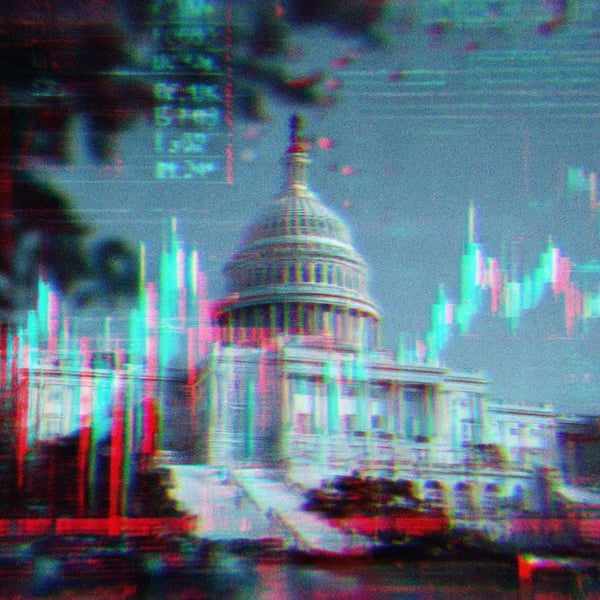Stock Buybacks Surge.
Another Red Flag for the U.S. Economy.
Corporations announced a staggering $233.8 billion in stock buybacks in April, the second-highest monthly total ever recorded. But unlike previous buyback bonanzas, this isn’t a sign of economic strength or corporate confidence. Quite the opposite. Are buybacks just one big shell game or are they fiscally prudent? Corporate stock buybacks have inspired great debate since a Reagan era tax law change and a Clinton era deal sweetener. On the one hand they have enriched shareholders and made executives extremely wealthy. On the other hand, the growth in buybacks mean companies aren’t investing in innovation, workers, or expansion. Let’s talk about it.

Show Notes
Resources
- Longtermtrends: S&P 500 PE Ratio
- FRED: Quarterly Financial Report: U.S. Corporations: All Information: Total Cash on Hand and in U.S. Banks
- BNN Bloomberg: Corporate America plans record stock buybacks as turmoil mounts – BNN Bloomberg
- Bipartisan Policy Center: How the U.S. Taxes Stock Buybacks and Dividends
- Congress.gov: Stock Buybacks: Concerns over Debt-Financing and Long-Term Investing
- Federal Reserve Bank of Boston: The Great Leverage 2.0? A Tale of Different Indicators of Corporate Leverage
- Penn Wharton: Raise the Excise Tax Rate on Stock Repurchases
- Skadden, Arps, Slate, Meagher & Flom LLP: Newly Proposed Regulations on Stock Buyback Excise Tax Largely Adopt Approach From Initial IRS Guidance
- The New Republic: Bill Clinton Created This Terrible Corporate Loophole. Will Hillary Close It?
- ProPublica: The Executive Pay Cap That Backfired
- Harvard: Short-Termism And Capital Flows
- Roosevelt Institute: Regulating Stock Buybacks: The $6.3 Trillion Question
- ICIJ: The Panama Papers: Exposing the Rogue Offshore Finance Industry
UNFTR Quick Links